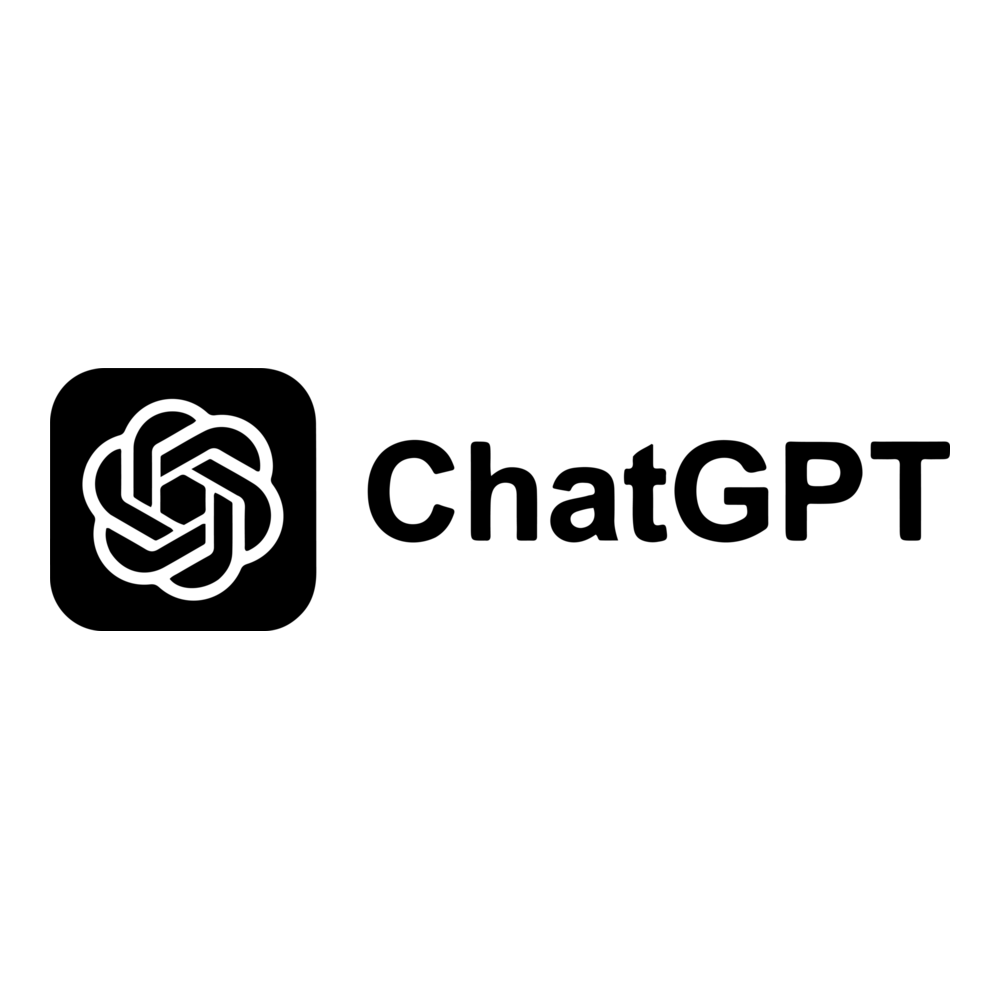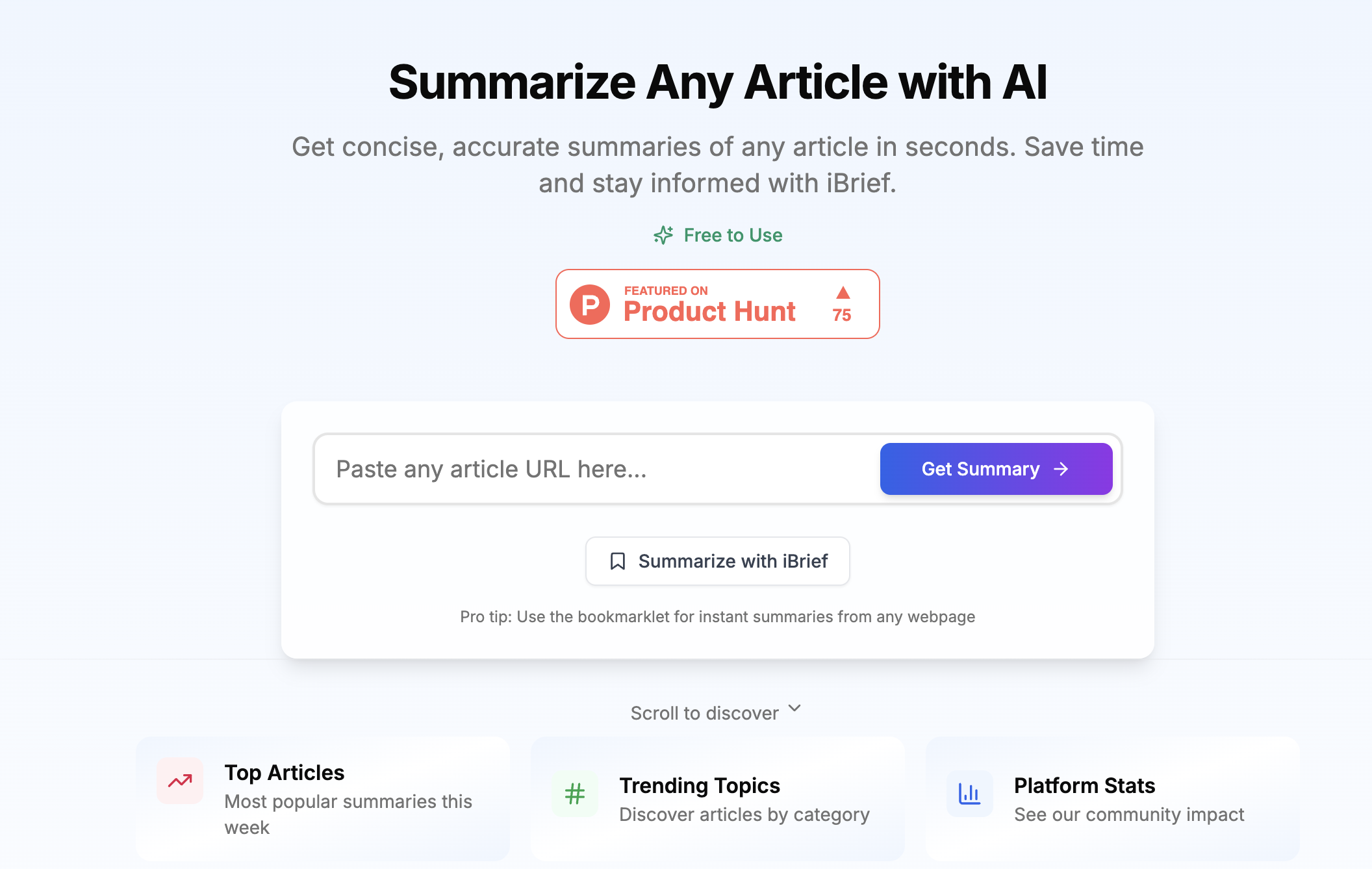What is ChatGPT?
ChatGPT, developed by OpenAI, is an advanced conversational AI model designed to facilitate natural, human-like interactions. Its primary purpose is to provide users with assistance, insights, and information through text-based communication. From answering questions to generating creative content, ChatGPT serves as a versatile tool for individuals and businesses alike.
Key Features
- Natural Language Understanding: ChatGPT excels at interpreting user input, making conversations fluid and intuitive.
- Content Generation: It can draft emails, articles, reports, or even creative pieces like stories and poems.
- Customization: ChatGPT can adapt its tone, style, and content based on user needs, ensuring personalized responses.
- Multilingual Support: It is capable of understanding and responding in multiple languages, broadening its accessibility.
- Knowledgeable Across Domains: With training on diverse topics, ChatGPT can assist with general knowledge, technical queries, and industry-specific topics.
- User-Friendly Interface: Designed for ease of use, it can be integrated into various platforms, such as websites, apps, and messaging services.
- 24/7 Availability: Being an AI, it provides instant responses and is available at any time, improving efficiency.
Benefits
- Efficiency: ChatGPT saves time by quickly answering queries or generating content.
- Cost-Effective: It reduces the need for extensive human resources in customer support and content creation.
- Scalability: Businesses can scale their operations seamlessly by integrating ChatGPT into their systems.
- Improved User Experience: By providing clear and accurate responses, it enhances customer satisfaction.
- Accessibility: Individuals can use ChatGPT for learning, brainstorming, and problem-solving without needing expert knowledge in a domain.
Problem-Solving Capabilities
ChatGPT addresses several challenges for its target audiences:
- Customer Support: Businesses use ChatGPT to automate responses to frequently asked questions, reducing wait times and improving service.
- Content Creation: Writers and marketers leverage it to generate ideas, draft content, or fine-tune messaging.
- Education and Training: Students and professionals utilize it as a learning companion for complex topics or skill development.
- Decision-Making: ChatGPT provides analysis and suggestions, assisting in research or strategic planning.
Real-World Use Cases
- E-commerce: A retailer integrates ChatGPT into its website to answer customer inquiries about products, orders, and return policies, enhancing customer experience.
- Healthcare: Clinics use ChatGPT to provide basic medical information or direct patients to appropriate resources.
- Creative Writing: Authors use ChatGPT for brainstorming plot ideas or refining drafts.
- Education: Teachers and students rely on ChatGPT for quick clarifications on topics, summarizing textbooks, or generating practice questions.
- Tech Support: IT companies employ ChatGPT to troubleshoot common technical issues for users.
By simplifying complex processes, providing instant support, and adapting to diverse use cases, ChatGPT has become an indispensable tool for a wide range of applications. Its flexibility and ease of use continue to drive its adoption across industries, making it a powerful ally in modern problem-solving.
Competitors
Here are a few services similar to ChatGPT that offer conversational AI capabilities:
- Google Gemini
Google Gemini is an AI-powered chatbot service like chatGPT that uses large language models to provide responses and assist with tasks. It’s integrated with Google’s search engine, allowing it to provide real-time information and context. - Microsoft Copilot
Integrated into Microsoft Office tools like Word and Excel, Microsoft Copilot leverages AI to help users with writing, data analysis, and task automation, enhancing productivity in business environments. - Claude by Anthropic
Claude is a conversational AI created by Anthropic, known for its ethical approach to AI design. It focuses on being safe, interpretable, and aligned with user intent, making it suitable for both casual and business use. - Bing Chat
Powered by OpenAI, Bing Chat offers similar capabilities to ChatGPT, providing search-based answers, content generation, and interactive conversations directly integrated with the Bing search engine. - Jasper
Jasper is an AI content creation tool designed for marketers and businesses. It helps users generate high-quality written content such as blogs, emails, and social media posts, focusing on marketing and creative tasks.
These services, like ChatGPT, are designed to assist with various tasks, from answering questions to generating content, enhancing productivity and simplifying workflows.



